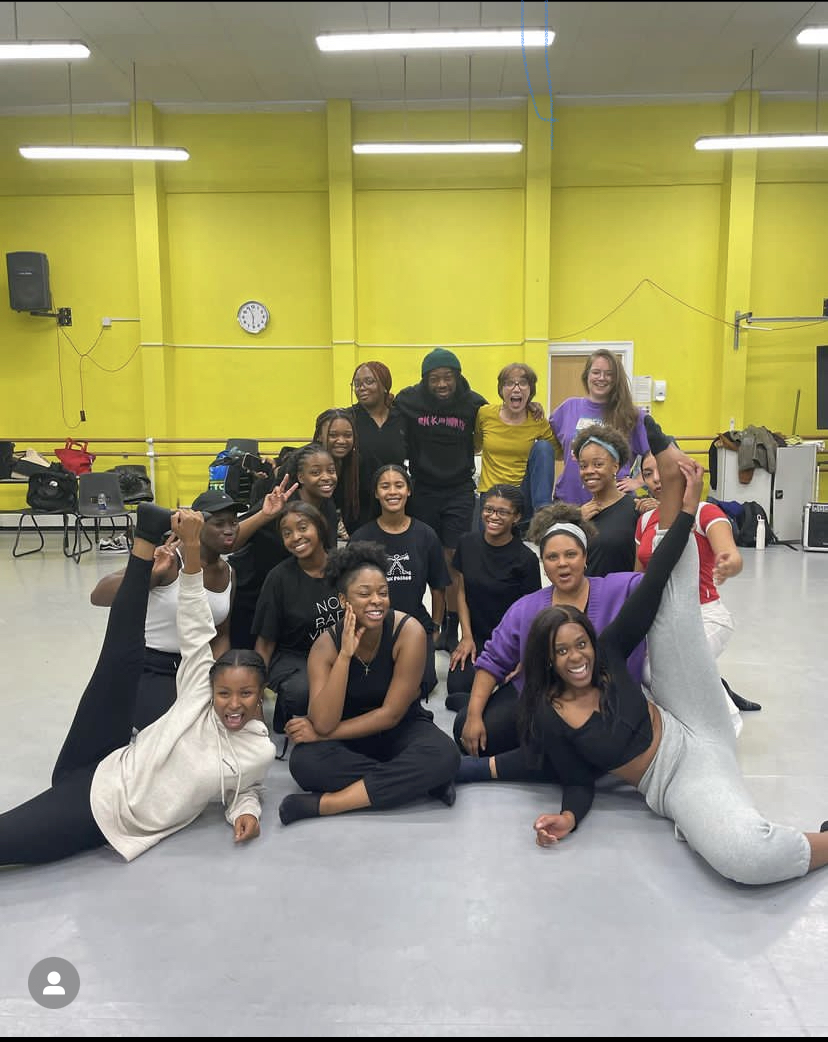
Finding Kinship Abroad
Upon entering London as an African American, I struggled to identify and find kinship with other Black British locals. In the United States, I was surrounded by many Black Americans and felt a sense of support, community, and culture, however, in the United Kingdom I felt completely stripped from this experience. My ethnic and cultural identity drastically informs my personal experience, and being able to share my experience with others apart of my cultural group has always provided me with a sense of belonging. Therefore, moving to London, I felt completely alienated from my Black culture. Walking through my school hallways and the streets of London, I would see many people who looked like me, but our differing nationalities made me feel that we had no cultural connection. I had never encountered Afro-British people before, and I wanted to reach out to them and form relationships but felt scared that I would not be accepted because of my nationality. During these moments, I truly felt like a stranger in a foreign nation and struggled to find my identity.
As the weeks began to pass, one day after class I noticed a Black History Month African dance event flyer floating around school. Encountering it, I was immediately filled with surprise. I could not believe that Black History Month was in October, not February! Moreover, I did not know if I would be accepted by Afro-British students if I did attend this African dance event. Throwing caution to the wind, I decided to show up for the African dance Black History event. Going into the room, I felt nervous, however, interacting with Black British locals I realized that my initial fears were unfounded and that I would be welcomed with open arms. Every local I talked to and met enjoyed talking to me and sharing laughter, smiles, jokes, and even dance moves! I could feel the circle of community and kinship that I thought I left in America begin to grow stronger and more vibrant than ever before.
Beginning to explore traditional African dances, I felt deeply in my element and connected to my cultural group. Sharing the rhythm with locals and finding the beat to move with them, I was engaging in a silent conversation of energy, movement, and breath that was so powerful and special to me. As I began learning dance steps, I was constantly encouraged and celebrated by my Afro-British peers and felt excited because of my new community. At the end of the event, I continued to dance and speak with locals and realized at that moment that despite me initially being disconnected from Afro-British locals because of my American nationality, my identity in itself is international and that I can always try to connect and share experiences with people no matter their country because our kinship knows no bounds. Carrying this experience into my remaining weeks abroad, I will open myself to meeting with more Afro-British locals and building kinship and community with them.
